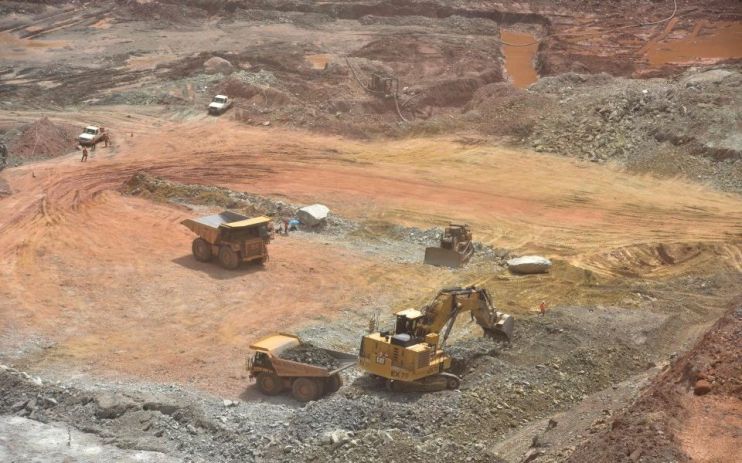No more license for Amazon: Brazil court deals lethal blow to world’s largest gold mine

What would have been the largest open-pit gold mine in the world is no more, after a Brazilian federal court upheld the suspension of an environmental license, dealing a blow to the Canada-based company behind the project.
Belo Sun Mining was appealing the same court’s 2017 ruling, which found that the company’s consultation with local indigenous peoples and study on the project’s socio-environmental impacts did not meet the criteria required by the National Indian Foundation.
In a 3-0 vote, the court maintained its prior ruling. Belo Sun can appeal the decision to a higher court.
The company’s Volta Grande project is located on the banks of the Xingu River, in the state of Para.
It is located about 12.4m from Belo Monte, the world’s third-biggest hydroelectric dam.
The Belo Monte dam has reduced the flow in the Volta Grande (Big Bend) stretch of the Xingu River, where the Belo Sun project is located.
Among other impacts, the fish population, a staple for the local population, is diminishing.
“My community wasn’t consulted about the Belo Sun project,” Lorena Curuaia, a leader from the Iawa village, told The Associated Press by phone.
“Belo Monte already has had a major impact on the Xingu. A second project could mean the death of the local peoples.”
Belo Sun has argued that it already consulted the indigenous peoples, and that their closest community is more than six miles away.
The federal prosecutors’ office said the company only considered officially demarcated areas and that indigenous communities outside these places should also be taken into account.
Contacted by phone and email on Monday, Belo Sun’s office in Brazil did not respond to AP requests for a comment.
According to the company, the project covers 5,930 acres.
“This is another victory for the indigenous and riverine people of Volta Grande do Xingu,” federal prosecutor Felício de Araújo Pontes Jnr said in a text message.
“They know that a mining project can have devastating impacts on the region. The judgment shows the resilience of this population.”